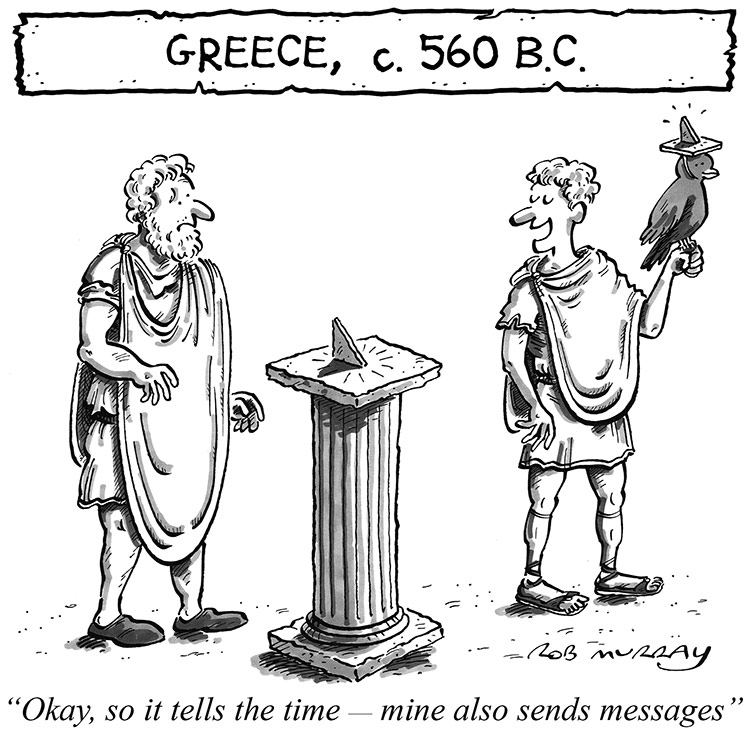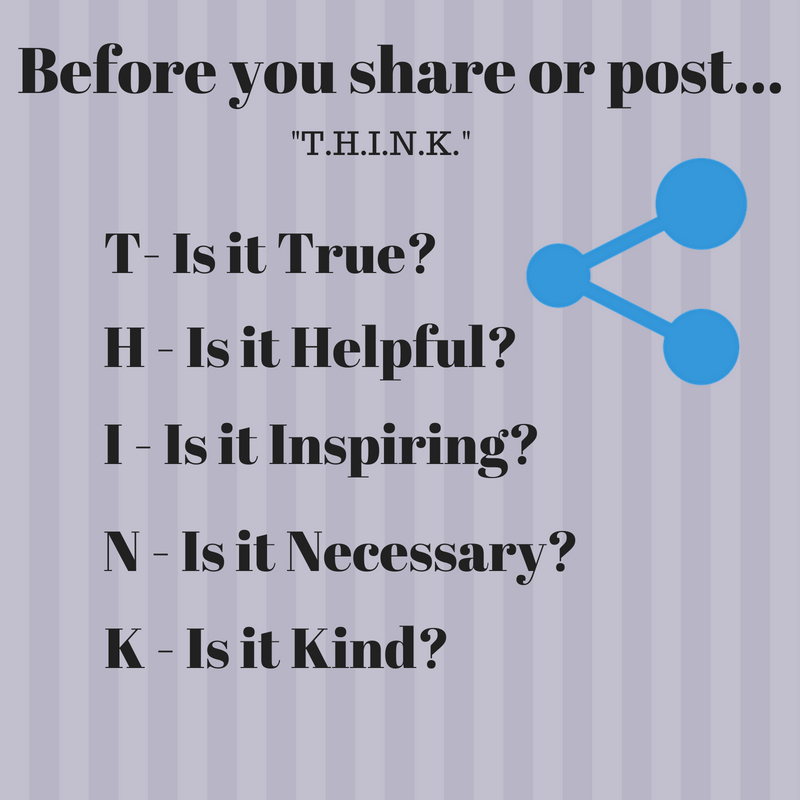
Having free reign to post and share whatever we want on the Internet requires understanding the impact our online presence has on others. When we see social media as more than just a place to self-promote, we can us our platform to promote social good and support causes that are important to us. (Estimated reading time: 6 minutes)
“Don’t use social media to impress people, use it to impact people.”
— Dave Willis
Social networking has become an integral part of our lives. It’s changed the way we communicate, access and exchange information, form relationships, and make decisions.
Social media networking sites like Facebook, Instagram, Snapchat, Twitter, and TikTok have given people a platform to connect with others and share their experiences, emotions, and thoughts. The communication possibilities have become endless.
The concept of social networking, however, is not new. The ancient Greeks liked to discuss ideas and engage in discourse in social settings. They believed that exchanging thoughts led to advancement. Socrates needed to share his ideas with willing listeners to make sense of them.
Great philosophers like Socrates didn’t use conversation for small talk but as a way to comprehend the world. Ancient Greek philosophy was nurtured in the social settings of symposiums, social gatherings where men drank, ate, danced, and conversed on various topics—politics, poetry, philosophy, and issues of the day.
Social media is the modern-day symposium, albeit an amplified version. It has made it possible for anyone to publicly present their thoughts to a global audience and start a conversation. But, as the saying goes, “with great power comes great responsibility.”

Having free reign to post and share whatever we want on the Internet requires an understanding of the consequences. Irresponsibility in social media and bad “netiquette”, like posting spam or mean and insulting comments, can damage our reputations and ruin our prospects for dream opportunities. Nowadays, almost everyone, including employers, Google people as part of a background check.
More importantly, you need to understand the impact your online presence has on others. Ask yourself what impression your digital footprint leaves on those exposed to your content. Is it adding to their lives and helping them become better? Or are they being overwhelmed by too much self-promotional content or by you venting your frustrations?
The conscious use of social media is especially important, considering that these mediums attract mostly a younger demographic. A 2018 Pew survey of 750 13-17-year old’s found that 97% use social media and 45% of them are online almost constantly.
Teenagers who are at an impressionable age can be hugely influenced by what they see, for better or worse. Their self-image and the way they see the world is shaped by what they witness in the online spaces they visit. Their prefrontal cortex, a region responsible for problem-solving and self-evaluation, develops based on its association with a part of the brain linked to emotion and impulse. Since social media has a direct influence on teenage emotion and behavior, unsavory and harmful content can be a threat to their mental development.
Besides influencing the youth, there are other reasons for responsible use of social media. There is a growing community of users who accentuate the negatives that accompany social media. These negatives can range from serious breaches of user privacy to being exposed to fake news and cyberbullying.

In his book, “Ten Arguments for Deleting Your Social Media Accounts Right Now”, technologist Jaron Lanier writes that we should quit social media altogether. He argues that social media platforms are designed to keep us addicted, manipulating us by tracking our interests and desires, as well as influencing our behavior to benefit advertisers. The end result is the erosion of integrity, free will, and the annihilation of corporate transparency.
Quitting social media, however, would be a mistake for several reasons. There is undoubtedly some degree of manipulation by the forces of commerce, but that’s present in all forms of media to a certain extent. To avoid social networking altogether is impractical and mutes our voices in the global conversations – conversations that will carry on in these spaces, whether we’re there for it or not.
Unlike what some skeptics say, we are not puppets who can be easily manipulated. We are conscious and intelligent beings capable of discerning what’s real and what’s not. When we develop faith in our ability to control our impulses and to sift through the clutter, we can use social media for good. We’ll see it as a privilege and not something with which we need to battle.
Social Media has democratized the way we speak and express our ideas, and it presents an opportunity for us to influence people’s opinions and behavior. With creativity and good intentions, we can become champions of deserving causes like never before.
Here four ways to use social media to promote social good:
1. Prioritize positive messages: While the world is not a perfect place and there will always be something unpleasant and unjust happening somewhere, your feed does not have to broadcast that all the time (the news takes care of that!). An occasional post highlighting an issue that’s important to you, where your followers can do something to help the situation, is fine. For the most part, aim to share feel-good content that’s empowering, heartwarming, and brings a smile to people’s faces.
2. Uplift and inform others: Social media provides the best opportunities to self-promote and build a following and customer base. But, we need to balance self-promotion with useful content that can help others, or else we run the risk of appearing arrogant and self-absorbed. The good news is that there are plenty of fun and creative ways to do this: posting pictures, videos, quotes, messages, infographics, links to articles, podcasts, and interviews.
Sharing informative and thought-provoking pieces about science, art, history, and niche interests based on facts from credible sources, can help to broaden people’s horizons and make you a trusted resource.
3. Raise awareness about causes and social issues: Social media is a powerful tool for launching movements that bring awareness of causes and social justice issues to audiences across the globe. We have seen this happen in a big way when the use of hashtags like #BlackLivesMatter, #MeToo, #LoveWins, and #YesAllWomen ignited conversations around the issues and movements they represented.
Unlike traditional media, online social platforms provide firsthand accounts from those directly impacted by social issues, and this promotes solidarity around a movement. We can be part of driving activism toward causes that resonate with us, whether that’s mental health or climate change, by posting related materials on our platform, and encouraging others to take action and spread the word.
4. Engage in philanthropy: If you want to do more than just “like”, post, and share information about causes and to spread positivity, you’ll find plenty of opportunities to become a more active participant. You can support charities, nonprofits, and fundraisers through cash donations, and also invite your followers to events and to join online communities to build support.
Organizing local service projects by starting Facebook groups or posting engaging stories will drive engagement and interest. Other examples include rallying food drives and soliciting donations for clothes, toys, and food for local homeless shelters and refugee centers.
It’s estimated that over one billion people are active on social media every day. It behooves us to use it responsibly and spread encouragement and inspiration. Buddha once said, “If you propose to speak, always ask yourself, is it true, is it necessary, is it kind.” Applying his wisdom before we dip our toes in virtual waters ensures that we always take the higher road.
All my best on your journey,
Seline

Question for you: What do you usually post on social media? What changes can you make so that it reflects your deepest values and beliefs?
Did you like this post? Sign up below, and I’ll send you more awesome posts like this every week

Such a powerful message today Seline. If only we could get the youngens to read this… wish more people would take this approach to social media. I tried to be the voice for good and positivity but there is just so much negativity out there. I couldn’t deal with it any longer and I’ve now abandoned most of my social media sites. Maybe someday the tone and mood will change but right now it is all just too damaging to my mental health. More people need to read this blog and take this message to hear!
Glad you agree Jordan! 🙂 Please feel free to share this post and get the word out there. It’s the only way we can create change.